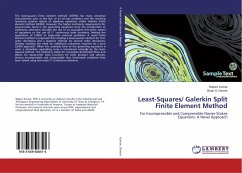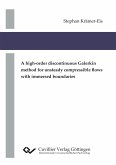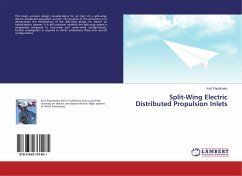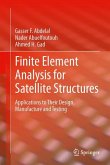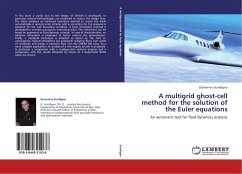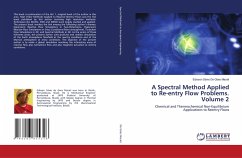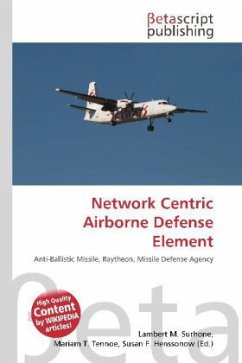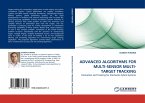The least-squares finite element method (LSFEM) has many attractive characteristics such as the lack of an inf-sup condition and the resulting symmetric positive system of algebraic equations unlike Galerkin finite element method (GFEM). However, the higher continuity requirements for second-order terms in the governing equations force the introduction of additional unknowns through the use of an equivalent first-order system of equations or the use of C¹ continuous basis functions, limiting the application of LSFEM to large-scale practical problems. A novel finite element method is proposed that employs a least-squares method for first-order derivatives and a Galerkin method for second order derivatives, thereby avoiding the need for additional unknowns required by a pure LSFEM approach. When the unsteady form of the governing equations is used, a streamline upwinding term is introduced naturally by the least-squares method. The method is stable for convection-dominated flows and allows for equal-order basis functions for both pressure and velocity. Various incompressible and compressible flow benchmark problems have been solved using low-order C continuous elements.
Bitte wählen Sie Ihr Anliegen aus.
Rechnungen
Retourenschein anfordern
Bestellstatus
Storno

